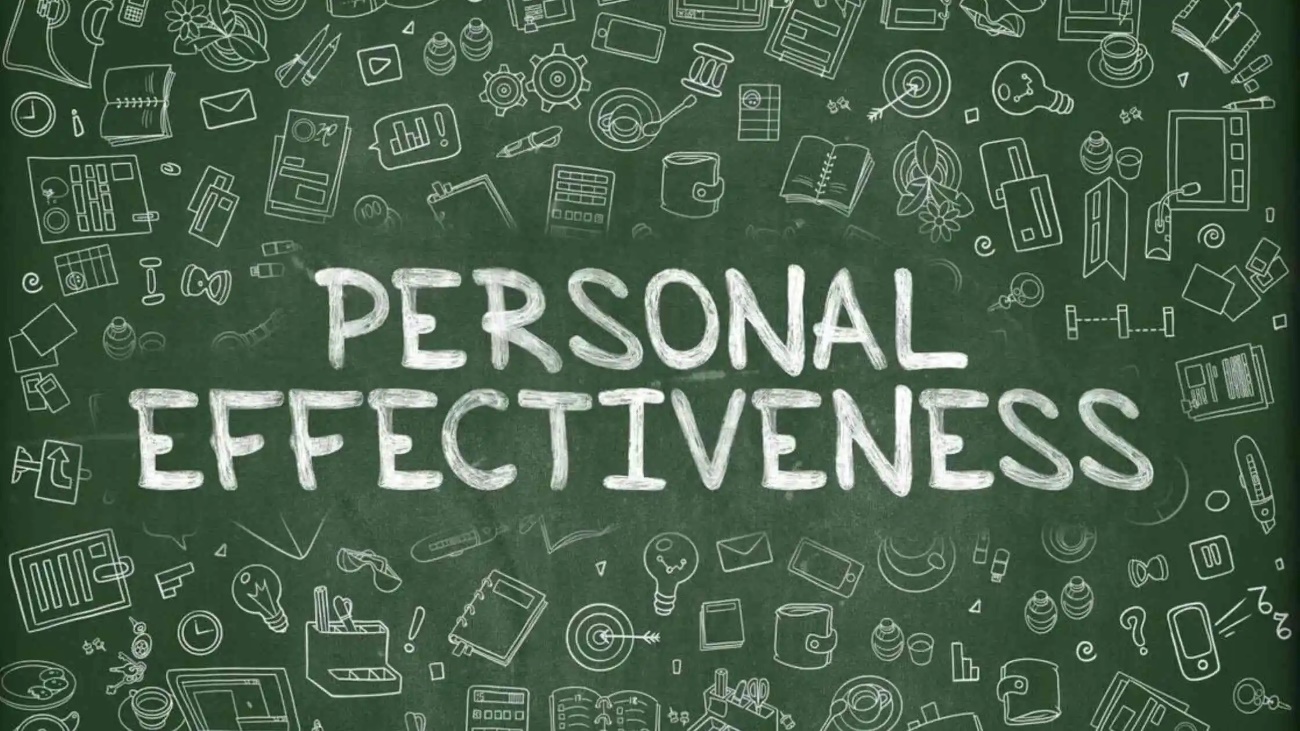The Certificate of Personal Effectiveness (CoPE), developed by ASDAN, is a transformative qualification designed to empower individuals with critical skills for personal and professional success. Whether you are a student, a working professional, or an employer seeking organizational growth, CoPE provides a structured framework for developing competencies that are highly valued in today’s dynamic work environments.
What Is the Certificate of Personal Effectiveness?
The Certificate of Personal Effectiveness is a qualification that emphasizes the development of practical skills and self-awareness. It focuses on enhancing key areas such as:
- Time management: Efficiently organizing tasks to maximize productivity.
- Communication: Building strong interpersonal relationships through effective verbal and non-verbal communication.
- Goal setting: Establishing and achieving measurable objectives.
- Emotional intelligence: Understanding and managing emotions to foster collaboration and resolve conflicts.
This certificate leverages experiential learning techniques, ensuring participants can immediately apply acquired skills in real-world scenarios.
Core Competencies Gained Through CoPE
1. Time Management Skills
Time management is essential for achieving efficiency in both personal and professional spheres. CoPE participants learn how to:
- Prioritize tasks based on urgency and importance.
- Minimize distractions using proven productivity techniques such as the Pomodoro method or Eisenhower Matrix.
- Create realistic schedules that balance work and personal responsibilities.
2. Enhanced Communication Abilities
Clear communication fosters better collaboration and understanding. CoPE training hones:
- Active listening skills to ensure effective dialogue.
- Presentation techniques for impactful delivery of ideas.
- Conflict resolution strategies that maintain harmony in workplace interactions.
3. Goal-Oriented Strategies
Setting and achieving goals is a cornerstone of personal effectiveness. Through CoPE, individuals:
- Learn SMART (Specific, Measurable, Achievable, Relevant, Time-bound) goal-setting frameworks.
- Develop the discipline to track progress and recalibrate objectives when necessary.
- Gain tools for visualizing success, such as vision boards and progress trackers.
The Role of Emotional Intelligence in Personal Effectiveness
Emotional intelligence (EI) is critical for navigating the complexities of professional relationships and team dynamics. CoPE emphasizes:
- Self-awareness: Recognizing one’s emotional triggers and responses.
- Empathy: Understanding and valuing others’ perspectives.
- Stress management: Maintaining composure under pressure.
Interactive workshops help participants practice mindfulness, active listening, and conflict resolution to build stronger interpersonal connections.
Professional and Organizational Benefits of CoPE
For Individuals
- Career Advancement: CoPE enhances employability by developing essential workplace skills, such as adaptability and leadership.
- Confidence Building: Participants report increased self-assurance in tackling challenges and pursuing opportunities.
- Improved Productivity: By mastering time management and goal-setting, individuals optimize their workflows.
For Organizations
- Enhanced Team Collaboration: Employees trained in CoPE contribute to more cohesive teams through improved communication and empathy.
- Increased Efficiency: Organizations benefit from a workforce skilled in prioritizing tasks and achieving objectives.
- Positive Workplace Culture: Investing in personal development fosters employee loyalty and satisfaction.
The Certification Process
Eligibility
CoPE is accessible to a diverse audience, including:
- Students seeking academic and workplace readiness.
- Professionals aiming to enhance their skill sets.
- Employers investing in workforce development.
Program Structure
- Flexible Options: Courses are available online, in-person, or as hybrid models to accommodate different schedules.
- Levels of Certification: Basic to advanced courses cater to varied proficiency levels.
- Assessment: Participants complete practical exercises, reflective journals, and assessments to demonstrate competency.
Timeline and Costs
While program durations and costs vary, most certifications are designed to fit seamlessly into busy schedules.
Overcoming Challenges in Achieving Personal Effectiveness
Despite its benefits, pursuing CoPE can present challenges, such as time constraints or motivation hurdles. To address these:
- Time Management: Create a dedicated study schedule and request flexible hours from employers if necessary.
- Self-Motivation: Break learning into manageable goals and celebrate small victories.
- Community Support: Engage with peers in the program for encouragement and shared learning.
Conclusion
The Certificate of Personal Effectiveness is more than a qualification—it’s a gateway to personal growth, career success, and organizational excellence. By mastering critical skills such as time management, emotional intelligence, and goal-setting, participants not only elevate their own potential but also contribute significantly to the success of their teams and organizations.


